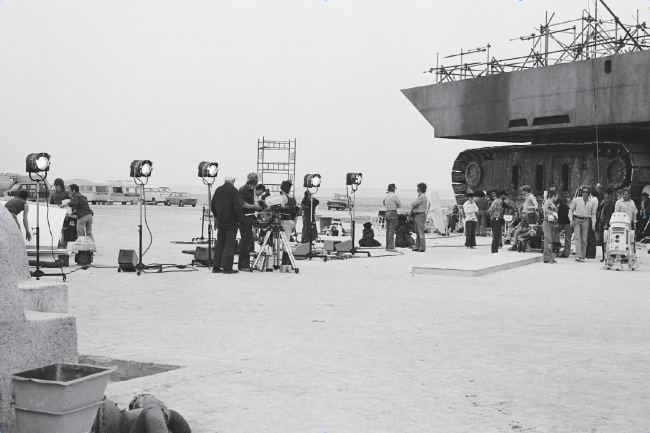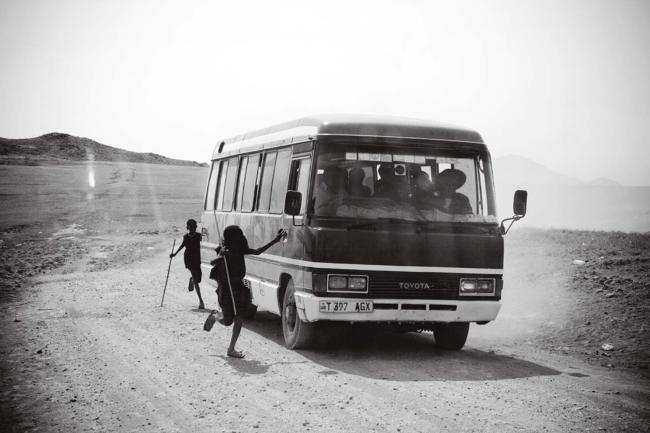
Jesse Dukes
Biography
Jesse Dukes is an independent writer and documentary maker. He studied radio at the Salt Institute for Documentary Studies, worked for With Good Reason at the Virginia Foundation for the Humanities, and is a principal at Big Shed. His VQR essay “Babu on the Bad Road” was included in The Best American Travel Writing 2013. He is a VQR Contributing Editor.




